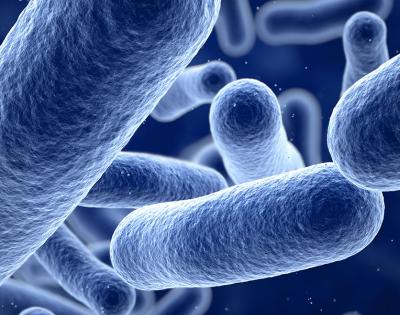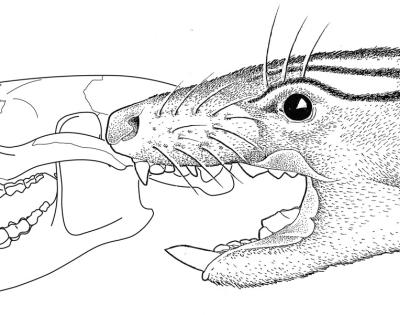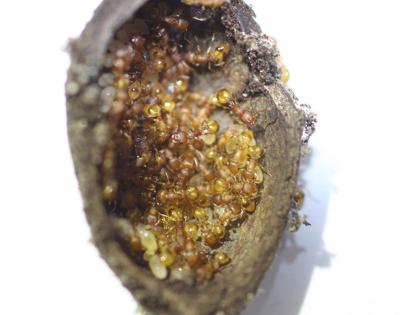biology

January 18, 2018
Case Western Reserve University has been selected by the Arnold and Mabel Beckman Foundation to offer valuable research grants and extensive mentorship to undergraduate students in chemistry and the biological sciences. The university is one of just 12 institutions chosen nationally in 2018 to…

December 21, 2017
Age offers little indication of an individual’s ability to make a difference in their professional field and community, and many at Case Western Reserve University prove that on a daily basis. Each year, Crain’s Cleveland Business releases its “Forty Under 40” cohort to show the power of…

September 12, 2017
The Case Western Reserve University Department of Biology and the Cleveland Museum of Natural History will host a public talk on evolutionary biology Friday, Sept. 15, at 7 p.m. in the museum’s auditorium. Jonathan Losos, professor of biology at Harvard University, will discuss the role of chance…

September 05, 2017
When Paige Myers rose from her wheelchair to accept her diploma last spring, the thousands watching Case Western Reserve’s commencement ceremonies roared in approval. Now, just days after she began graduate study here, the campus community is mourning her passing. Diagnosed in elementary school…

August 14, 2017
The third annual North Coast Conference on Precision Medicine will be held at Case Western Reserve University Sept. 28 in the Tinkham Veale University Center. This year's symposium will feature a combined lecture series and hands-on workshop. The overall theme of this year's symposium will focus…

June 06, 2017
No individual travels through this world alone; microscopic organisms that affect our health, growth and survival cover us all. Although traditional microbiology has focused on bacteria or fungi that cause diseases, there is an increasing appreciation for the “friendly” microbes that live on or…

May 15, 2017
Richard Drushel, senior instructor and executive officer in the Department of Biology, considers teaching an opportunity to repay staff and faculty who helped him as an undergraduate and graduate student at Case Western Reserve University. “I’m a lifer at this university,” said Drushel, who…

April 11, 2017
Findings show the family, Palaeothentidae, was once widespread across the continent but add to extinction doubts The discovery of three extinct species and new insights to a fourth indicates a little-known family of marsupials, the Palaeothentidae, was diverse and existed over a wide range of…

April 07, 2017
Why do humans get bunions? Or carpal tunnel syndrome? Separate research led by two Case Western Reserve University students recently published in the journal Evolution, Medicine, and Public Health, have proposed that these uniquely human maladies are understandable in the context of human’s…

March 20, 2017
Study shows acorn ants quickly adjust, suggesting the insects may be able to cope with other sources of warming, including climate change CLEVELAND—The speed at which a tiny ant evolves to cope to its warming city environment suggests that some species may evolve quickly enough to survive, or…

